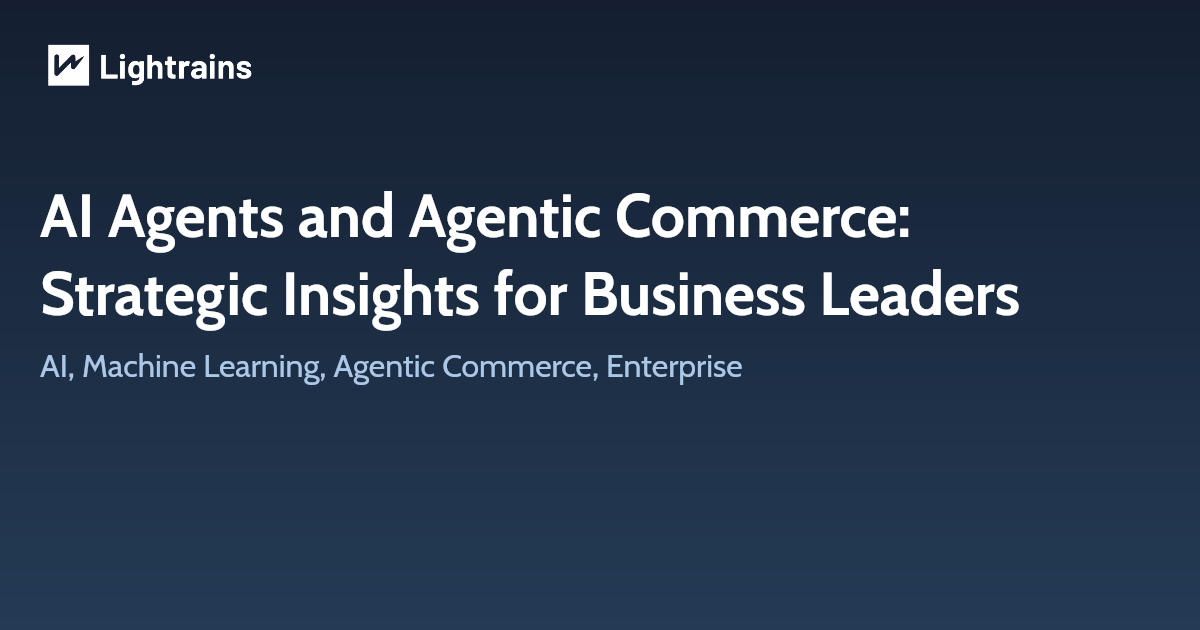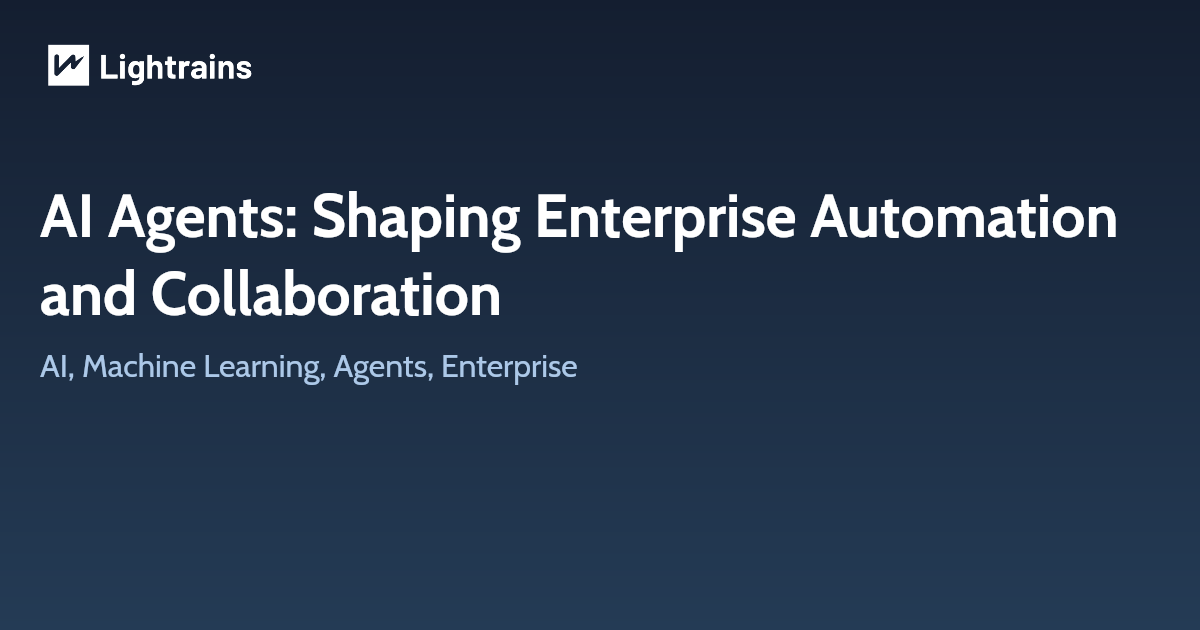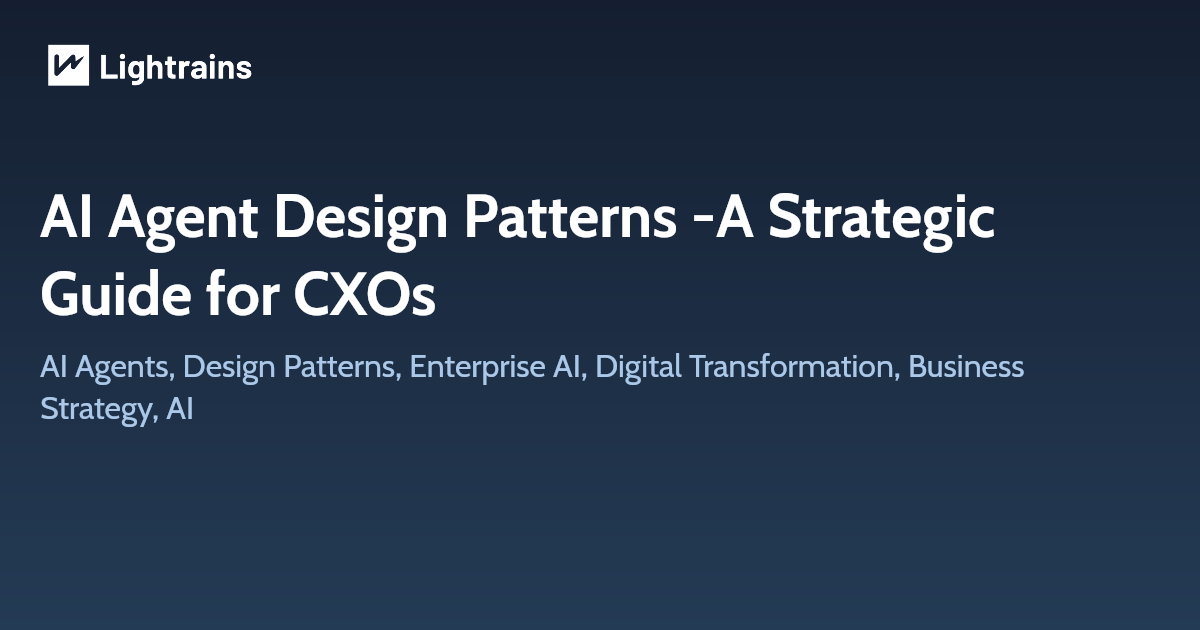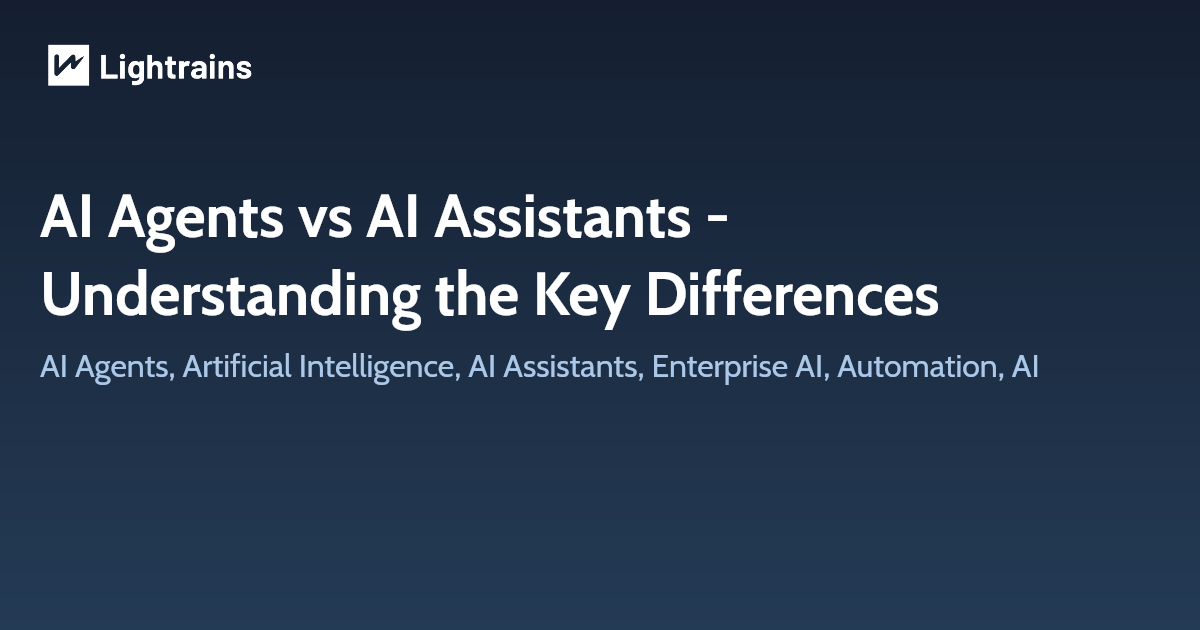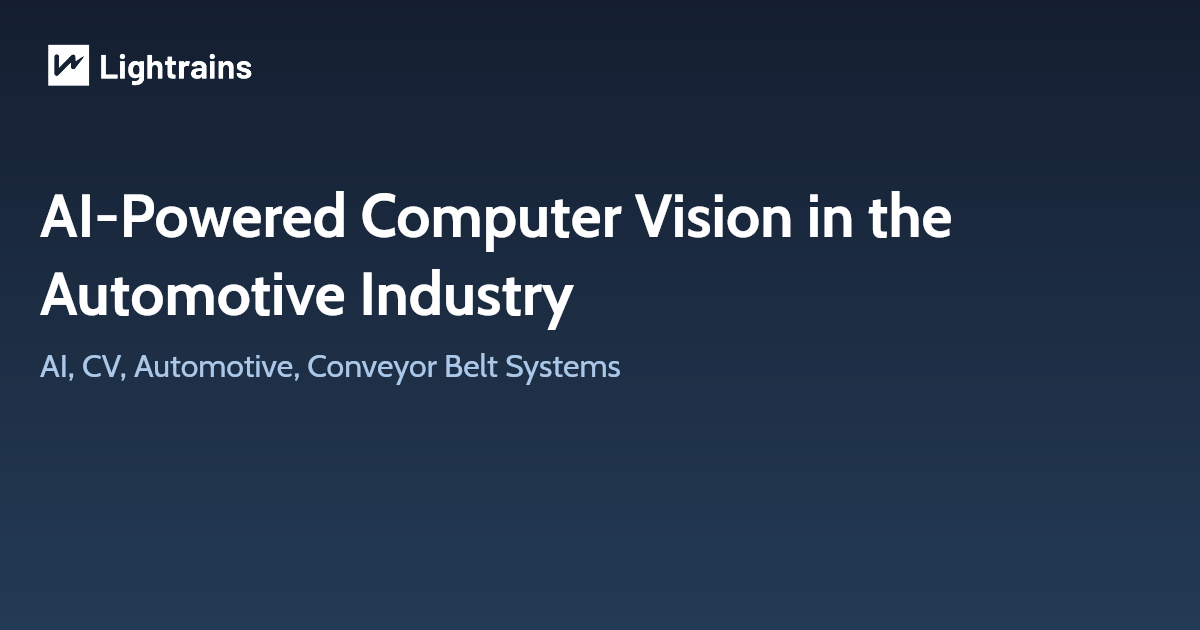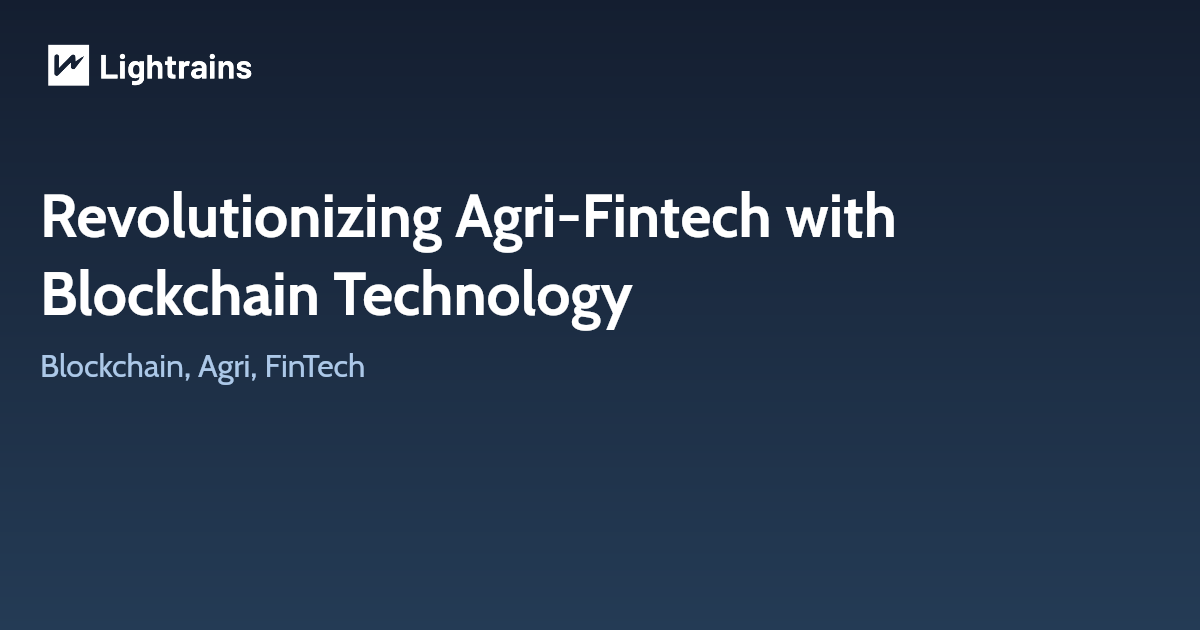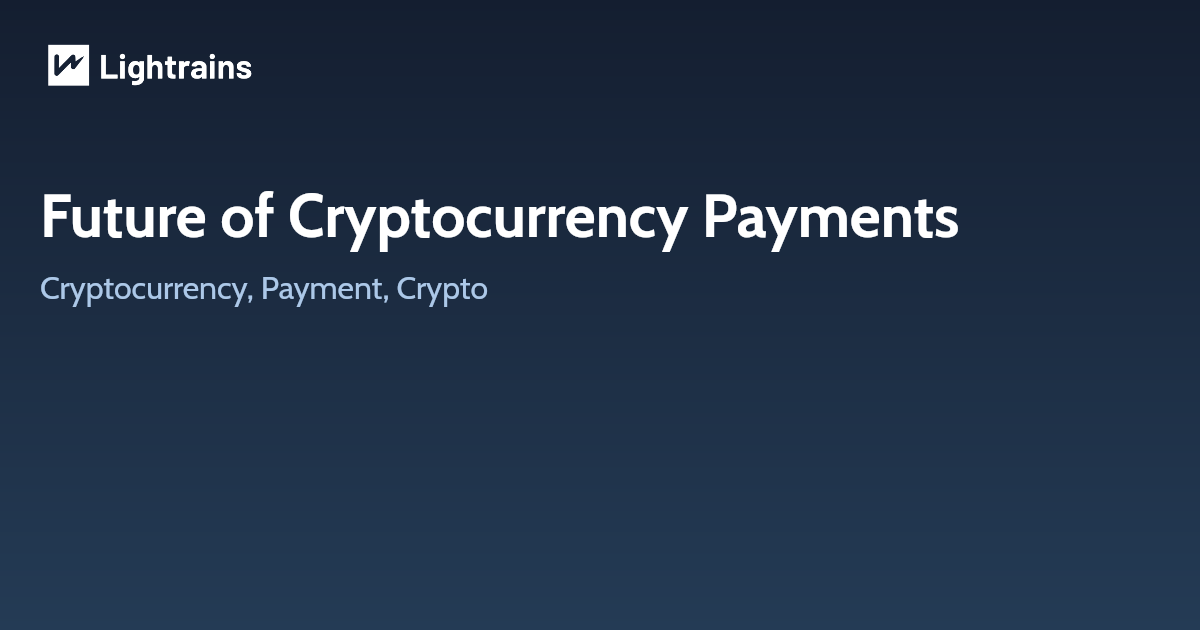
Daily on a global scale, several sorts of payment occur via online medium, via direct payment, by cash, and a lot more for different kinds of services, some are taxes, some are loans, and much more. It is essential that we understand the best-suited payment method for various services or goods so that we extract the best utility from each. Times have changed and we’ve moved from the barter system to crypto-payment methods. A lot of classifications are aligned in the payment dictionary. Let’s have a look into the kinds of payment that are possible for a streamlined process, in the time about to come.
1. Cashless Solutions
There is a considerable rise in the number of businesses that accept some form of payment have increased. While some sites are claiming that businesses might turn entirely cashless in the time about to come, some sites predict neutrality, or some completely the opposite. According to an interaction between McKinsey and Amrita Ahuja, there was a rise of 23 percent in cashless business somewhere in the mid of 2020. Many businesses adopted paying with cards instead of cash. Other businesses embraced omnichannel options.
Let’s understand some aspects of going cashless, and going along with cash.
Customers usually resort going to cashless payments because of convenience. The transactions are also faster, and it also eliminates the need of carrying cash to every place. In light of business, (especially retail businesses), they need to provide cashless options to their consumers for ease of transaction, to stay competitive, and to reach out to consumers who can’t come and pay in real-time via money. Now, these mechanisms are usually good-to-go, yet some limitations are accounted for while paying without cash. Cashless transactions are expensive. They involve several fees linked with activation, processing, overdrafts, and maintenance that are considered by both the customer and the business.
Moreover, it also requires skilled IT professionals to ensure a smooth gateway while payments occur online. If the system fails to run smoothly, a cashless business would fail to collect any payment, thus causing losses. Another risk is related to privacy. Since most cashless payments require an individual to link their bank account with the online mode of payment, there is always a corner having privacy concerns. Furthermore, there could be other cybersecurity risks connected to going cashless.
Coming onto cash, it does not take in the same limitations or advantages similar to that of cashless alternatives. Customers that are unbanked, or do not have an access to banking for certain reasons like low income, undocumented immigration, and others, depend on cash for buying and selling services. Besides, payments done by cash, have no digital record, meaning that your private data is kept private. Commenting, cash is more private than a cheque. One can also go for cash payments for more security, or to leave no traces or digital footprints, for your private data to not get hacked or be misused otherwise. On the other side, since cash has no traces of lending or other purposes, it carries its security risks.
Globally, about 1.7 billion adults remain unbanked—without an account at a financial institution or through a mobile money provider. In 2014 that number was 2 billion.
2. Omnichannel Options
Omnichannel refers to the approach of being present offline, online, via mobile, or other sources, to meet your buyers. Since the COVID, there has been a dramatic rise in the number of businesses that have shifted to work in an online mode.
Omnichannel is an engaging approach wherein a company provides access, customer support, products, and others, to its customers by all channels, devices, and platforms., for instance, live chat, an app, email, phone, and much more. The advantages of opting an omnichannel medium for retail include, greater reach for worldwide customers, increased profits due to availability on multiple channels and platforms, increased customer engagement and satisfaction as a result of several methods to reach customer services, etc.
Some omnichannel marketing companies are, Disney, Starbucks, Amazon, Apple, Spotify et al. Examples of omnichannel marketing platforms are, Shopify, HubSpot, etc.
3. AI and ML
With the assistance of AI and ML, companies would be able to estimate productivity and thus would be more efficient with employee bases. Let’s view how AI transforms payment. With the assistance of artificial neural networks (ANN), AI can be used to examine stolen identities and other occurrences related to payment. The advanced ones also provide indications of any fraudulent attempts either by first or third parties. Moreover, payments are getting fused with social media, wherein users can pay for the commodities via apps like Facebook, Alibaba, Amazon’s Anytime, etc. Presently, FinTech start-ups are also investing in infusing AI with payments by helping its customers to maintain good financial health – by using AI assistance to make better saving decisions to regain any loans or debts. It also analyses the user’s saving and spending pattern and then makes a subtle balance between the loan and deposit. Nevertheless, one such drawback due to AI in the payment industry is caused by bot attacks. Most fraudsters use bot attacks to reserve seats in travel and tourism – most of which almost go empty and cause inadequacy in the price of unsold seats.
Looking into machine learning, computer vision is used for authorization access. This is essentially done in three ways viz., facial recognition systems, sentiment analysis, and deep video analytics. Likewise, ML also provides solutions such as customized insurance products based on the customer’s demographics, alternative recurring payment options based on the customer’s payment pattern and affordability, and other omnichannel payments options.
4. Cryptocurrency
This is the trendiest form of currency that is likely to replace money, due to its verifiability and transparency associated with blockchain. However, as of now, crypto is still viewed as a potential asset. Cryptocurrencies are considered more secure than credit or debit cards, due to the non-involvement of any third-party verification. The payer’s data isn’t stored in a centralized hub, from where there are chances of data getting breached. The blockchain general ledger makes it tougher for any privacy leakage. Transactions made by cryptocurrency are irreversible, denoting that once a payment is done, it becomes permanent. Because of this, the cash flow is maintained better. The next lead that crypto has is the low charging fees, with some even less than 1%. This factor is good while catering to business services at an international level, due to independence in payment via any foreign bank. As said earlier, payments done by cryptocurrency are permanent, it can be a limitation too, especially for small businesses where any refund asked for is very unfeasible. One more drawback is the volatility of different kinds of cryptocurrencies, which makes it very unpredictable that either the value is to fall or increase.
End-notes:
Coming to an end in looking at the various methods that are present and are getting amended on a daily basis, we can conclude that most of them are getting integrated with technology. Where cash cannot be traced, we have cashless systems that can easily be traced and identified. We have cryptocurrencies that are very volatile, while it is also secure due to the non-engagement of any third party. The statements thus inform that each payment method has its positives and negatives. Lastly, the payment method is dependent on the user and the service which they are acquiring, so most of the limitations are subtracted and the majority of the advantages are included.
References
- mckinsey.com
- garda.com
- blog.hubspot.com
- readwrite.com
- artificialintelligence.oodles.io
- uschamber.com
This article originally appeared on lightrains.com
Leave a comment
To make a comment, please send an e-mail using the button below. Your e-mail address won't be shared and will be deleted from our records after the comment is published. If you don't want your real name to be credited alongside your comment, please specify the name you would like to use. If you would like your name to link to a specific URL, please share that as well. Thank you.
Comment via email
